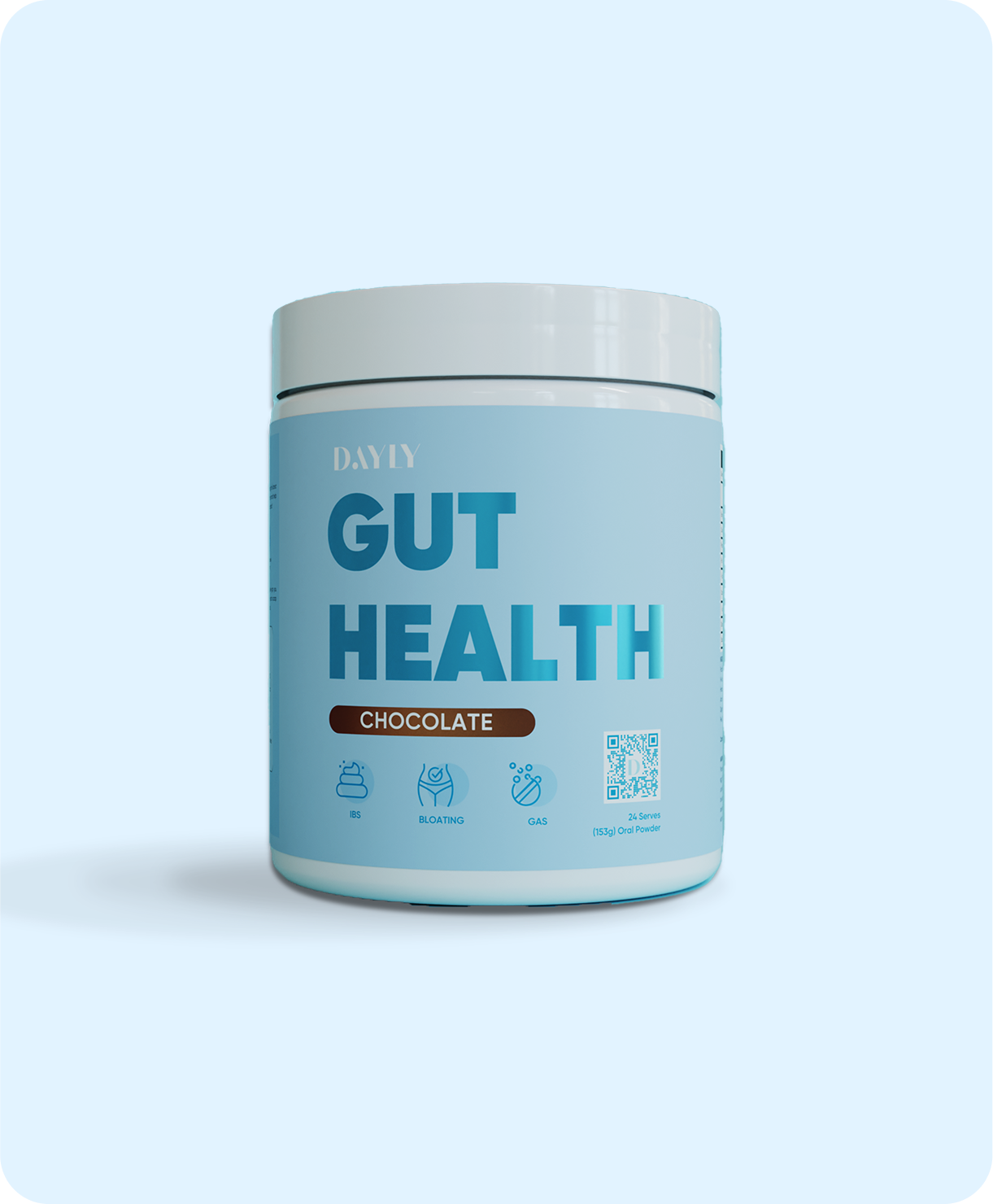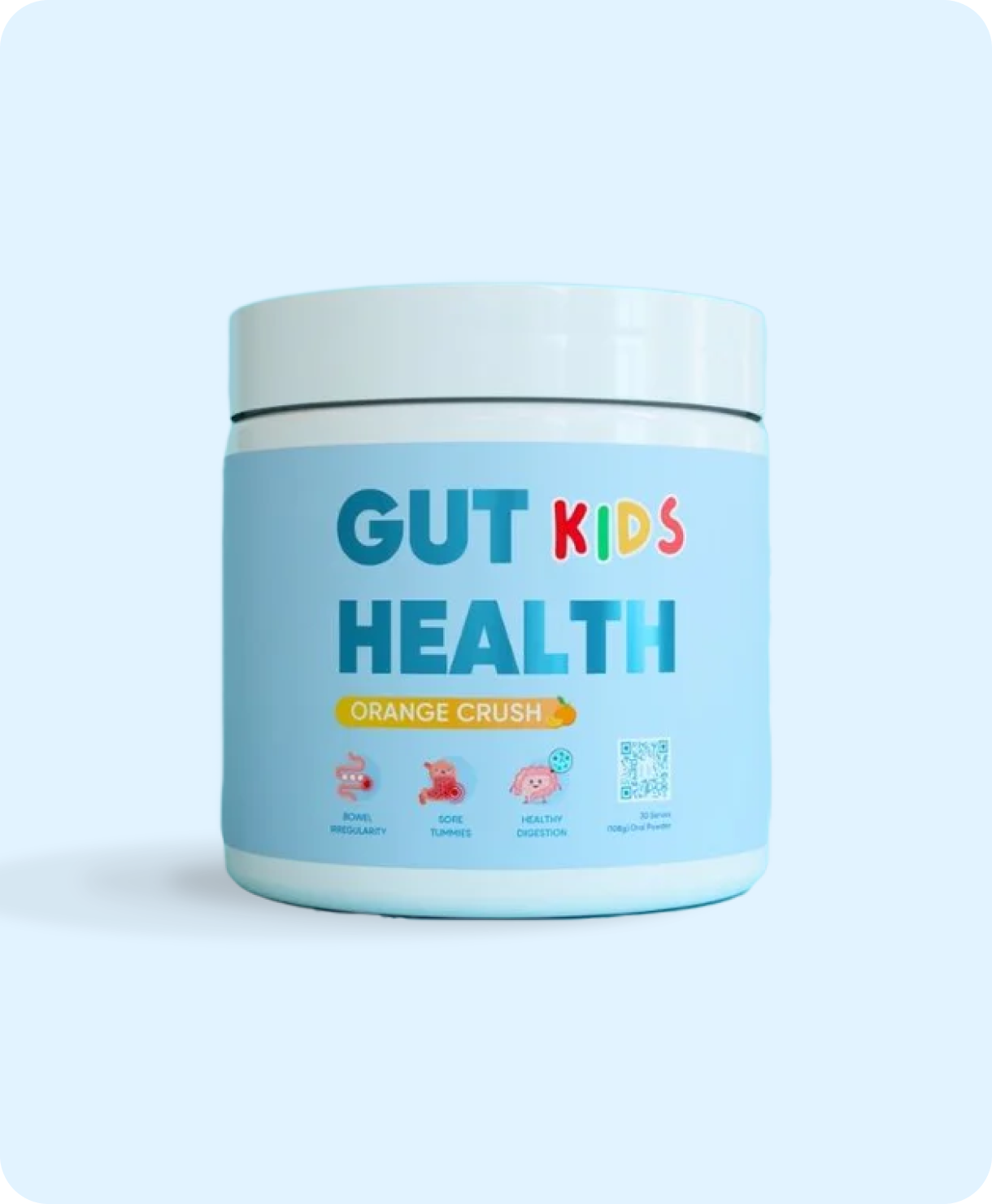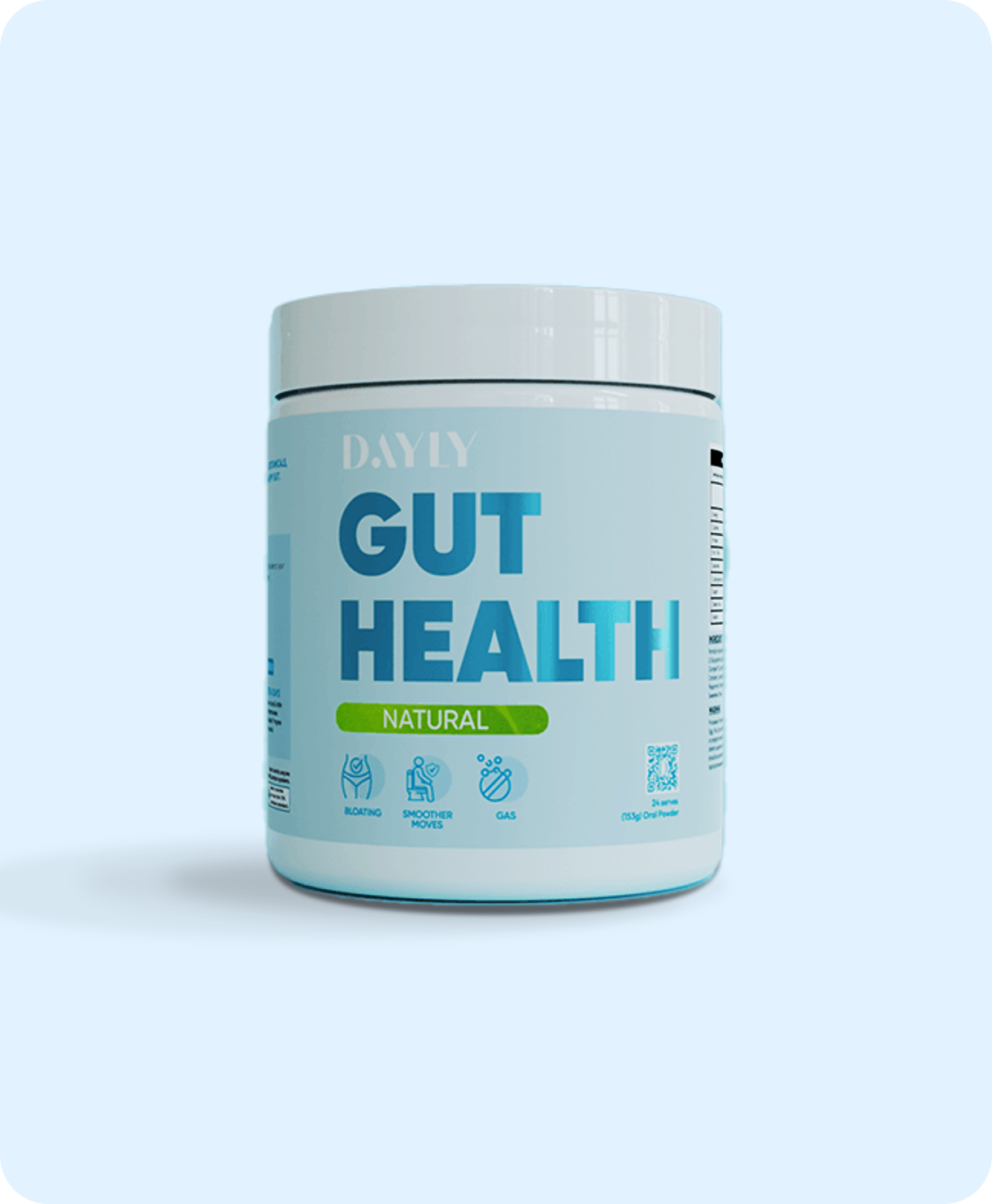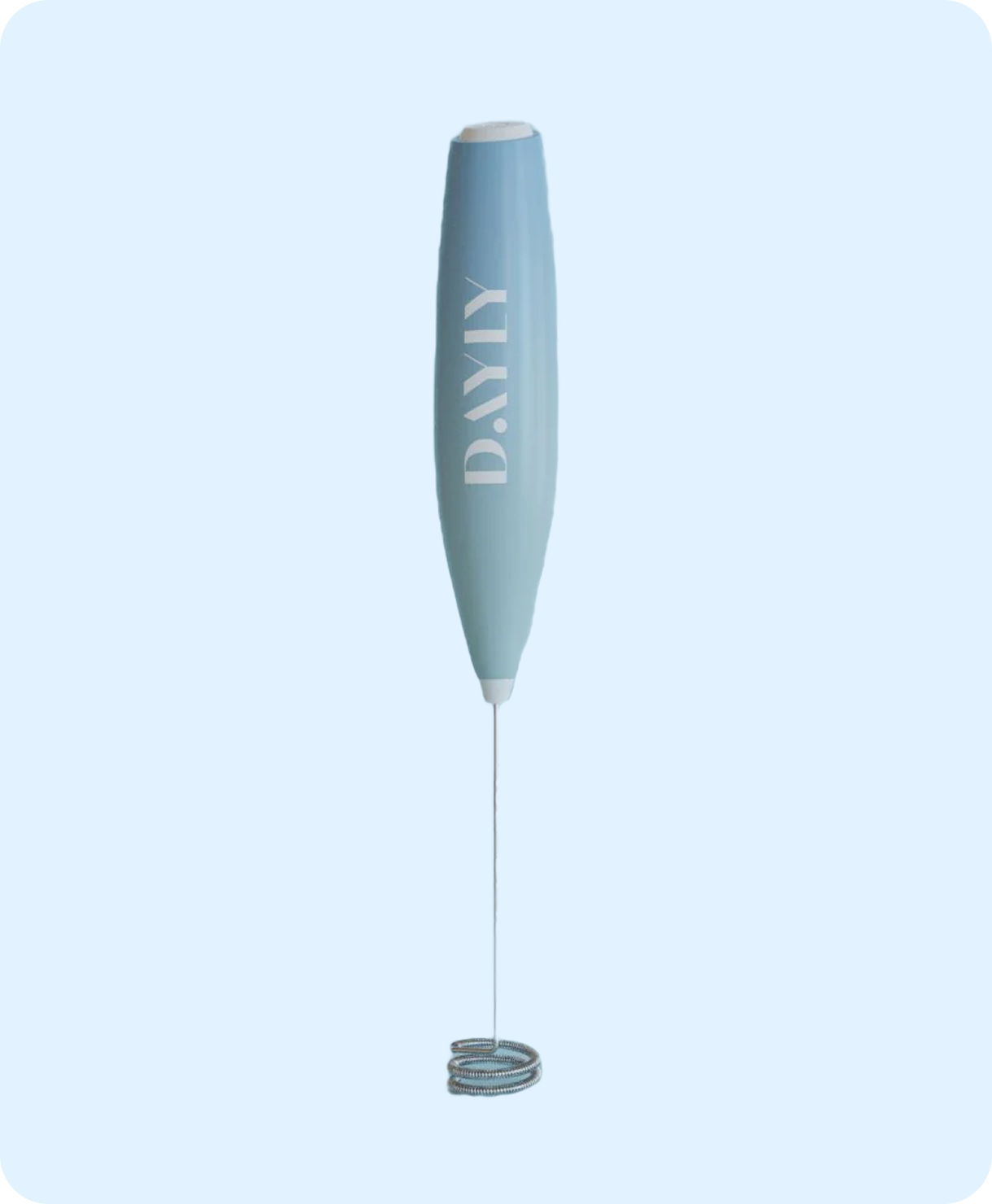References:
Achufusi, T. G. O., Sharma, A., Zamora, E. A., & Manocha, D. (2020). Small Intestinal Bacterial Overgrowth: Comprehensive Review of Diagnosis, Prevention, and Treatment Methods. Cureus, 12(6), e8860. https://doi.org/10.7759/cureus.8860
DeGruttola, A. K., Low, D., Mizoguchi, A., & Mizoguchi, E. (2016). Current Understanding of Dysbiosis in Disease in Human and Animal Models. Inflammatory bowel diseases, 22(5), 1137–1150. https://doi.org/10.1097/MIB.0000000000000750
Madison, A., & Kiecolt-Glaser, J. K. (2019). Stress, depression, diet, and the gut microbiota: human-bacteria interactions at the core of psychoneuroimmunology and nutrition. Current opinion in behavioral sciences, 28, 105–110. https://doi.org/10.1016/j.cobeha.2019.01.011
Molinari, R., Merendino, N., & Costantini, L. (2022). Polyphenols as modulators of pre-established gut microbiota dysbiosis: State-of-the-art. BioFactors (Oxford, England), 48(2), 255–273. https://doi.org/10.1002/biof.1772
Satokari R. (2020). High Intake of Sugar and the Balance between Pro- and Anti-Inflammatory Gut Bacteria. Nutrients, 12(5), 1348. https://doi.org/10.3390/nu12051348


















